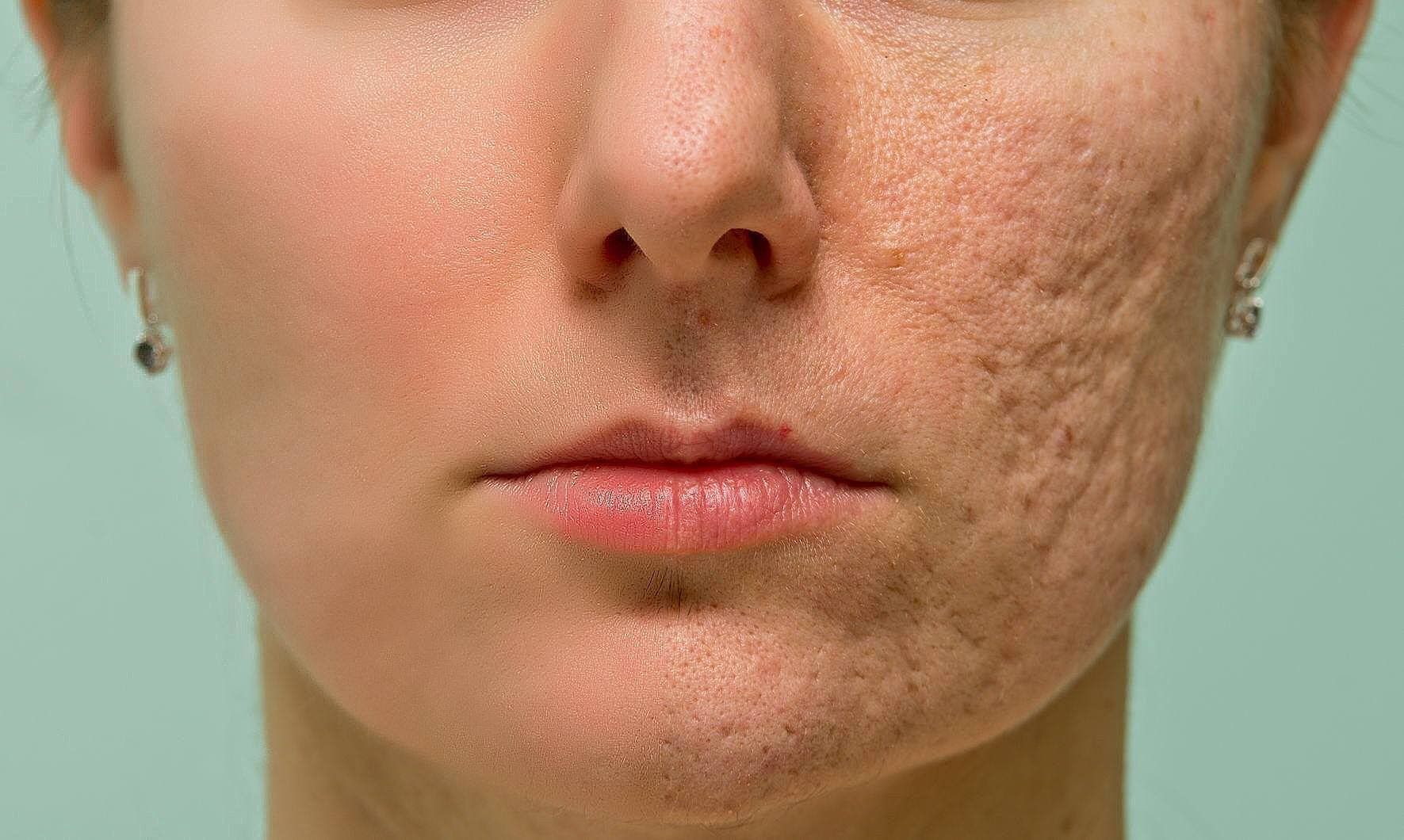Hangovers are the unpleasant aftermath of a night of drinking, often characterized by headaches, fatigue, nausea, and dehydration. While prevention is ideal, many people turn to over-the-counter (OTC) remedies to alleviate symptoms and feel better faster. Identifying the best OTC for hangover relief can make a significant difference in recovery.
This article explores the common symptoms of a hangover, the role of OTC products in alleviating them, and recommendations for effective remedies.
Understanding Hangovers
1. What Causes a Hangover?
A hangover occurs due to several factors linked to alcohol consumption:- Dehydration: Alcohol acts as a diuretic, leading to fluid loss and dehydration.
- Electrolyte Imbalance: Drinking can disrupt the balance of essential minerals in your body.
- Gastrointestinal Irritation: Alcohol irritates the stomach lining, causing nausea and discomfort.
- Low Blood Sugar: Alcohol consumption may lower glucose levels, resulting in fatigue and weakness.
- Toxins: As the body metabolizes alcohol, it produces acetaldehyde, a toxic byproduct that contributes to hangover symptoms.
2. Common Hangover Symptoms
- Headaches
- Fatigue
- Dizziness
- Nausea or vomiting
- Sensitivity to light and sound
- Muscle aches
Role of OTC Products in Hangover Relief
Over-the-counter remedies can address specific hangover symptoms, providing relief while your body processes and eliminates the alcohol. These products work by:- Reducing inflammation
- Replenishing lost fluids and electrolytes
- Alleviating nausea
- Restoring energy levels
Best OTC Products for Hangover Relief
1. Pain Relievers for Headaches and Muscle Aches
Acetaminophen (Tylenol)
- How It Helps: Relieves headaches and mild muscle pain without irritating the stomach.
- Caution: Avoid taking acetaminophen with excessive alcohol in your system, as it may strain the liver.
Ibuprofen (Advil, Motrin)
- How It Helps: Reduces inflammation that contributes to headaches and body aches.
- Caution: Take with food to minimize the risk of stomach irritation.
Aspirin
- How It Helps: Alleviates headaches and reduces inflammation.
- Caution: Avoid if you have a sensitive stomach, as aspirin can worsen gastrointestinal irritation.
2. Electrolyte Replenishers
Oral Rehydration Solutions (ORS)
- Examples: Pedialyte, Liquid I.V.
- How They Help: Rehydrate the body and restore electrolyte balance to combat dehydration and fatigue.
- Why They Work: These solutions contain a balanced mix of sodium, potassium, and glucose, which aid in faster hydration than water alone.
Electrolyte Tablets
- Examples: Nuun, Hydralyte
- How They Help: Dissolve in water to provide a convenient way to replenish electrolytes while staying hydrated.
3. Antacids for Nausea and Stomach Discomfort
Bismuth Subsalicylate (Pepto-Bismol)
- How It Helps: Soothes nausea and indigestion, providing relief from an upset stomach.
- Caution: Not recommended for individuals allergic to aspirin.
Calcium Carbonate (Tums)
- How It Helps: Neutralizes stomach acid to ease heartburn and indigestion.
- Why They Work: Fast-acting and gentle on the stomach.
Magnesium Hydroxide (Milk of Magnesia)
- How It Helps: Relieves nausea and indigestion by neutralizing stomach acid.
4. Multivitamins and Supplements
Vitamin B Complex
- How It Helps: Restores depleted B vitamins, which play a key role in energy production and neurological function.
- Why It’s Effective: Alcohol consumption reduces B-vitamin levels, contributing to fatigue and cognitive impairment.
Vitamin C
- How It Helps: Supports liver function and accelerates the breakdown of alcohol toxins.
Activated Charcoal
- How It Helps: While not proven to reduce hangovers, activated charcoal is marketed for its ability to bind toxins in the gut.
5. Anti-Nausea Medications
Dimenhydrinate (Dramamine)
- How It Helps: Prevents and treats nausea and vomiting.
- Why It’s Effective: Blocks signals to the brain’s nausea center, providing relief.
Meclizine (Bonine)
- How It Helps: Treats dizziness and nausea caused by alcohol consumption.
6. Energy Boosters
Caffeine
- How It Helps: Temporarily reduces fatigue and improves alertness.
- Caution: Avoid excessive caffeine, as it can worsen dehydration.
Glucose Tablets
- How They Help: Raise blood sugar levels to combat alcohol-induced hypoglycemia.
Additional Hangover Remedies
While OTC products can be effective, combining them with natural remedies enhances recovery:1. Hydration
Drink plenty of water to combat dehydration and flush out toxins.2. Light Meals
Consume easily digestible foods like toast or bananas to restore energy and ease nausea.3. Ginger Tea
Ginger has natural anti-nausea properties and can soothe an upset stomach.4. Rest
Allow your body time to recover by getting enough sleep.Tips for Preventing Hangovers
1. Pace Your Drinking
Sip alcohol slowly to allow your body more time to process it.2. Stay Hydrated
Alternate alcoholic drinks with water to reduce dehydration.3. Avoid Mixing Drinks
Stick to one type of alcohol to minimize the risk of a severe hangover.4. Eat Before Drinking
A full stomach slows the absorption of alcohol, reducing its impact.5. Choose Clear Liquors
Clear spirits like vodka or gin contain fewer congeners, reducing the likelihood of a hangover.Choosing the Best OTC for Your Hangover
When selecting an OTC remedy, consider your symptoms and any existing medical conditions:For Headaches and Muscle Pain
- Opt for ibuprofen or acetaminophen.
- Avoid acetaminophen if you’ve consumed large amounts of alcohol.
For Dehydration and Fatigue
- Rehydrate with oral rehydration solutions or electrolyte tablets.
For Nausea and Stomach Discomfort
- Use bismuth subsalicylate or antacids.
For Energy and Mental Clarity
- Take a vitamin B complex or caffeine in moderation.









1 Comment
equilibrado de rotores
Equipos de calibración: clave para el funcionamiento estable y óptimo de las dispositivos.
En el campo de la ciencia moderna, donde la rendimiento y la estabilidad del aparato son de suma relevancia, los equipos de ajuste juegan un función crucial. Estos aparatos adaptados están creados para balancear y asegurar partes giratorias, ya sea en maquinaria de fábrica, vehículos de desplazamiento o incluso en electrodomésticos domésticos.
Para los técnicos en soporte de dispositivos y los técnicos, trabajar con aparatos de balanceo es esencial para garantizar el rendimiento fluido y estable de cualquier aparato rotativo. Gracias a estas opciones tecnológicas modernas, es posible disminuir significativamente las sacudidas, el zumbido y la presión sobre los cojinetes, prolongando la vida útil de partes caros.
También significativo es el papel que cumplen los aparatos de ajuste en la soporte al comprador. El apoyo profesional y el mantenimiento constante usando estos sistemas posibilitan dar asistencias de excelente nivel, mejorando la bienestar de los consumidores.
Para los dueños de empresas, la contribución en estaciones de balanceo y sensores puede ser importante para mejorar la productividad y productividad de sus equipos. Esto es especialmente importante para los empresarios que dirigen reducidas y pequeñas organizaciones, donde cada aspecto es relevante.
Asimismo, los dispositivos de equilibrado tienen una vasta implementación en el campo de la seguridad y el control de nivel. Permiten encontrar potenciales problemas, evitando arreglos elevadas y averías a los dispositivos. Además, los resultados obtenidos de estos sistemas pueden utilizarse para mejorar procedimientos y incrementar la visibilidad en motores de búsqueda.
Las sectores de utilización de los equipos de equilibrado abarcan múltiples áreas, desde la fabricación de transporte personal hasta el seguimiento del medio ambiente. No importa si se considera de grandes elaboraciones manufactureras o pequeños locales caseros, los sistemas de balanceo son necesarios para garantizar un desempeño productivo y libre de detenciones.